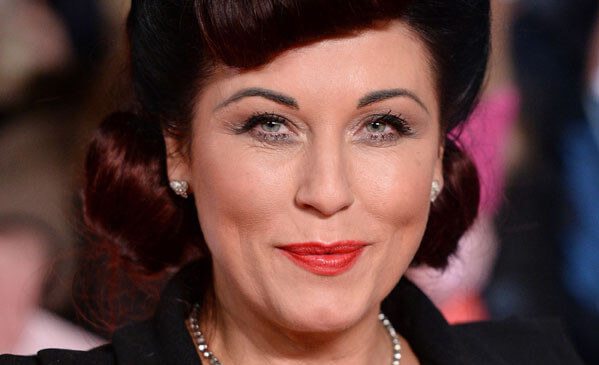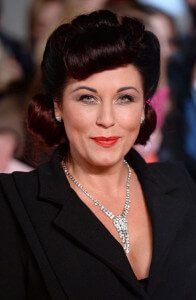Is EastEnders too silly?
[dropcap]O[/dropcap]nce the crackers have been pulled, stomachs have been filled, and your sherry-wobbled gran has again shown a surprising aptitude for sliding After Eights from her forehead to her mouth, the British public en mass turn their attention firmly to their television screens. Though there was once a time where comedy double acts lightened up the sleepy winter evenings with laughter, nowadays 8pm signals the time where we decide that we’ve had enough joy for one year, switch to BBC 1, and take a trip to EastEnders and Albert Square, Walford.
The hyperbolically depressing tone of these episodes gives us all a sense of perspective, and allows us to take some comfort in the fact that we do not live in this fictional world. With several strands of storylines being brought together at this crucial time for soap operas in the UK, we are often left not knowing whether to laugh or cry at the overtly and unapologetically over-the-top drama that the Londoners have to face each and every year without fail.
However, Kat and Alfie, or Jessie Wallace and Shane Richie to use their ‘proper’ names, have recently criticised EastEnders’ writers for their “farcical” plot-lines, citing the story that will spark a spin-off series for the duo as particularly “ridiculous”.
It must be said that certain storylines require a substantial leap of faith if they are to be taken seriously. In a packed festive season for the ‘Enders, by Twelfth Night an off-the-wagon Phil Mitchell (Steve McFadden) had flipped a Range Rover carrying his stepson; Danny Dyer (Mick Carter) had saved his sister-turned-mother from drowning on his own wedding day; and Kat had been told by a nun that she had a son she had no recollection of delivering.
But to suggest that this is a problem is in my opinion to totally miss the point, and to ask too much, of the genre.
Though soap operas are supposedly meant to reflect the trials and tribulations of ‘normal’ people, every viewer of EastEnders, Emmerdale, Coronation Street, Hollyoaks, Neighbours etc. does so knowing exactly what to expect.
Of course it’s ridiculous, of course it’s a farce, of course none of these things would ever happen to one small group of people, but this is exactly why the public watch it in droves
After a long day of life, the public do not want to switch on their televisions and see that played back to them: they want to relax, suspend their disbelief and be absorbed by a show that is exciting, dramatic and – yes – often humorously unrealistic.
Those who cry out for greater realism seem to forget the deviations from this necessary to make the genre a success. With some iconic and loved characters gracing the same soap for decades, justifying their continued screen-time means they must face more than one problem in their lives that would break a normal person.
Phil Mitchell is an EastEnders institution and by far its most recognisable character, but if he had not been shot, beaten an addiction to crack cocaine, and covered for his son’s murder, would this be the case? I don’t think so.
The entire setting, too, does not, and can not, adhere to realist convention if soap operas are to avoid mind-numbing mundanity. Are we truly to believe that in an entire square of suburban London nobody owns a washing machine, the local pub is filled every night of the week with people who apparently do not have a drinking problem, and house-buyers are not put off by the through-the-floor prices that come with an astonishingly high crime rate?
Kat and Alfie’s biting of the hand that feeds them seems an odd action when they owe their entire career to a genre so comparatively stable and forgiving of questionable acting as the soap opera is. Many actors, including the pair themselves, have left to chance their arm at more serious, ‘higher’ forms of performance, but most return to the seductive pull of the Square shortly after (in some cases from the grave) in as farcical a storyline as they left.
If they feel the need to express a dismay for these intentionally far-fetched storylines now, in my view they have been taking the whole thing far too seriously for the last fifteen years.



Comments